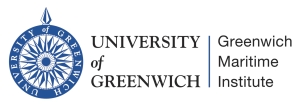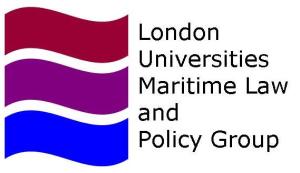The Lloyd’s List’s editorial mission is to provide information, analysis and knowledge for business decision makers in the global shipping community including among others ship-owners, ship managers, classification societies, seafarers and regulators. In a changing and increasingly complex shipping environment, Lloyd’s List’s aim is to deliver business-critical information in the distribution channels most suited to the needs of a customer, with immediacy and no matter where in the world that customer is located.
Lloyd’s List provides a unique conduit to the analytical power of Lloyd’s List Intelligence. Conversely, Lloyd’s List’s journalists draw on this resource to deliver more incisive information and analysis to readers. Lloyd’s List establishes a forum for the shipping community, providing a space for informed debate by business leaders, from ship-owners to classification societies to financial services providers and seafarers, via interviews, opinion, surveys and exchange of ideas. This forum is enhanced by a global programme of awards and conferences.
Lloyd’s List stands at the centre of this community as arbiter, ombudsman, and as source of information, shipping knowledge, analysis and reporting. Lloyd’s List provides the business critical information and analysis on a timely basis, providing news that keeps readers informed in an increasingly competitive and complex shipping market. Lloyd’s List is the only information provider that covers all aspects of shipping, from finance to the regulation of the markets. Its readers, therefore, benefit from the most comprehensive hour-to-hour view of shipping available in the world.
What is interesting is that the credibility of the Lloyd’s comes at a time that the print or web media are facing serious reliability problems, which arise from the way of reporting or writing down the news. Nowadays, many mass media (e.g. free newspapers, informative websites), provide a 24-hour news agenda, trying to attract the interest of readers in every way. However, the mass media and the press not only try to attract the interest of the readers, but they manage to exert influence on public opinion and to use the “public opinion” in order to exert influence on governments or entrepreneurs, as well. In other words, the mass media and the press can, to some extent, affect the policy making and they try to release specific “ideas” in order to change policy makers’ minds or to form a ‘public opinion’. For example, shareholders of a newspaper might impose indirectly on journalists to write articles in such a way in order to influence readers and thereby meet their own economic, political or business goals. As the dripping tap effect, the erosion of firmly held ideas can be reached.
Within this context, there is an interesting question the reader or user of these informative sources has to pose: who pays for the free or non-free informative resources, and who provides the information to the journalists? In other words, a very important issue is whom or which source of information can the reader trust: for example, the Mass Media, the businessmen, the politicians, or the journalists? Consequently, the credibility of an informative source is a very important question that must be answered only by the reader.
Thus, the above mentioned power of the press to promote change, and to affect the public opinion is really important for the seafarers and for the vast majority of the people working in the shipping industry if they want to present to the public opinion the positive impact of the shipping industry, and to provide the public opinion with the necessary knowledge and information about the maritime affairs, as well.
Hsien-Chang Yang (MA International Maritime Policy Student)



